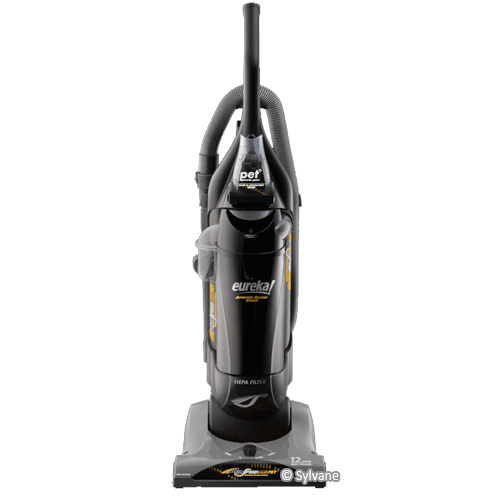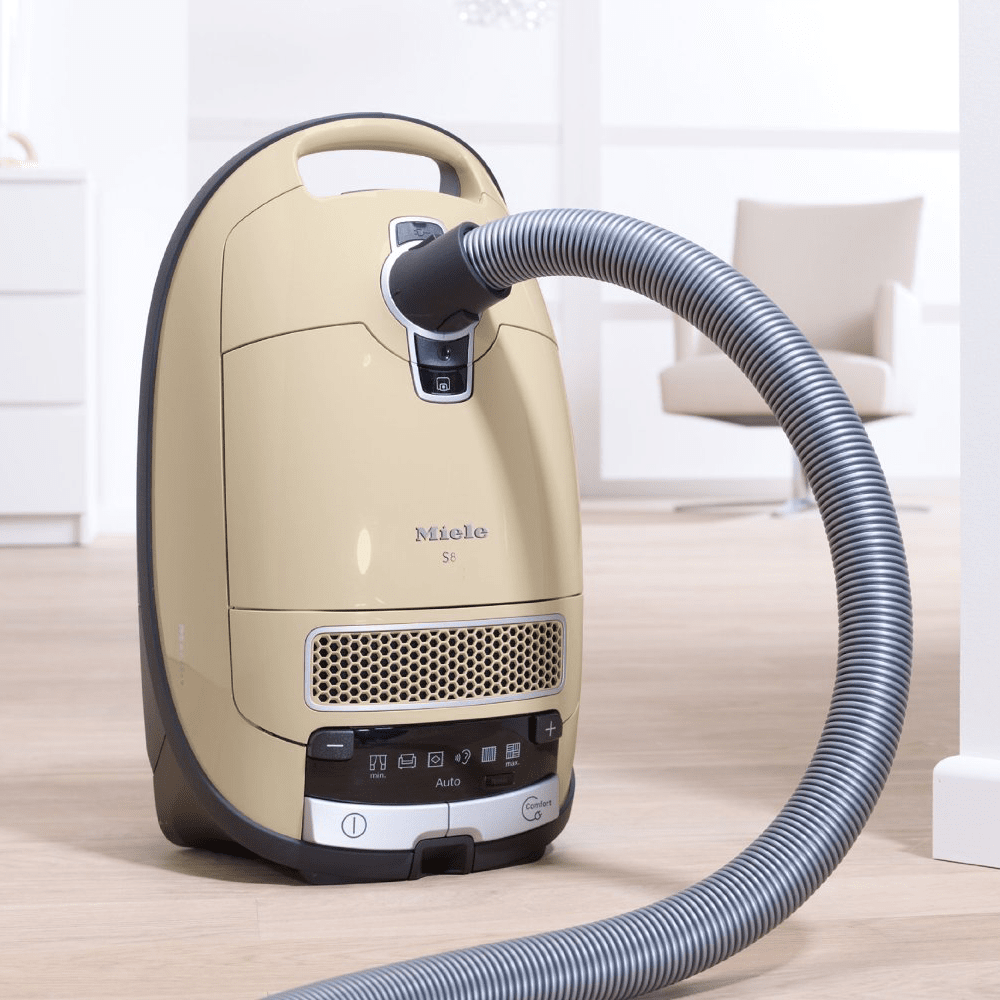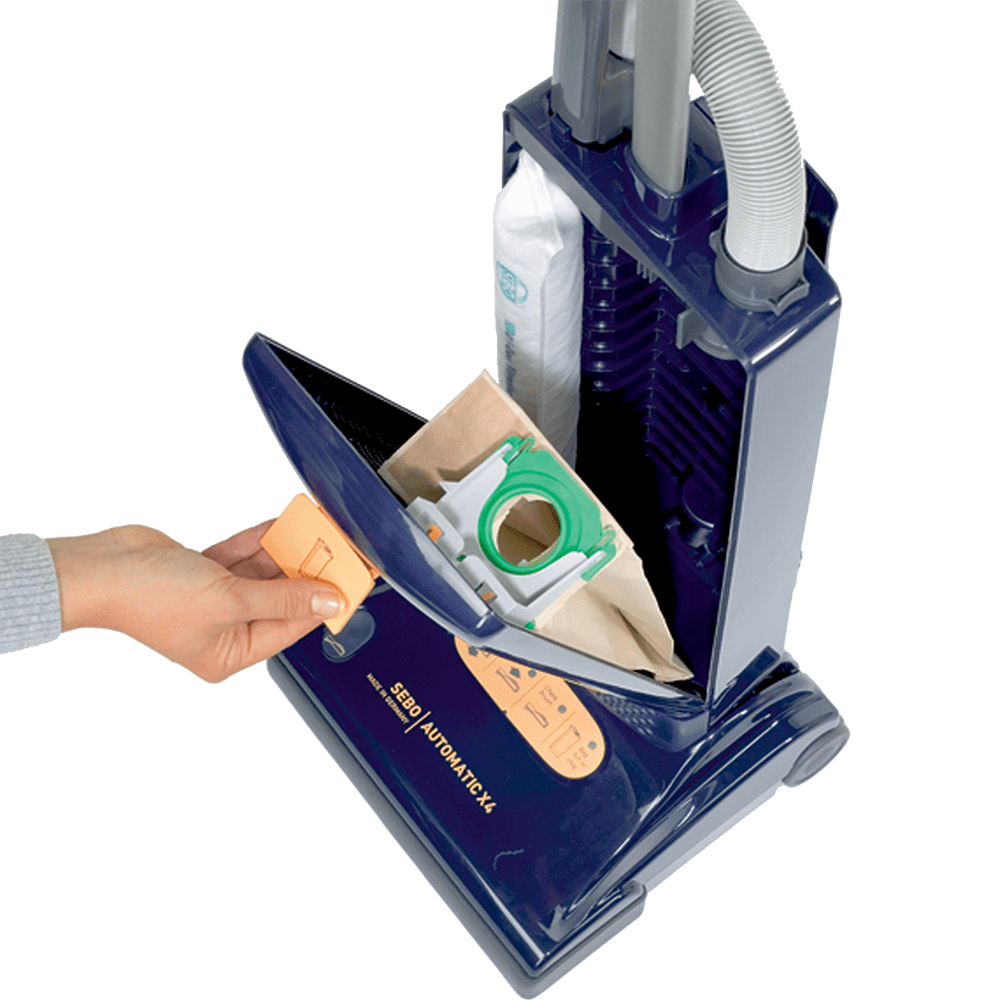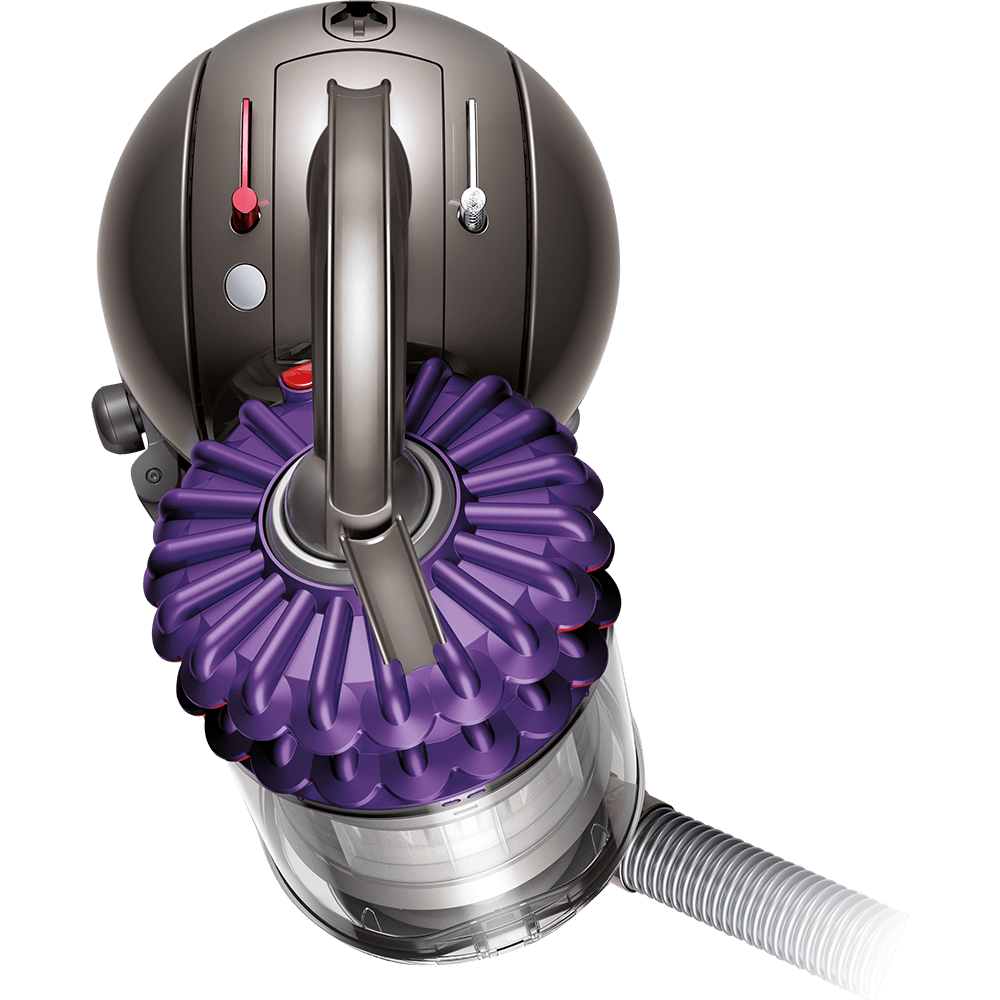
You’re an allergy or asthma sufferer, so you constantly clean and vacuum your home. However, no matter how much you clean there’s still something triggering a reaction. A traditional vacuum may be cleaning the large dirt you can see but emitting microscopic allergens back into the air.
Since air that enters the unit has to exit somehow, all vacuums have an exhaust. With traditional vacuums, flooring may look cleaner while indoor remains the same or even worse. Most traditional vacuums lack the ability to capture the tiny dust particles that trigger allergic reactions, they just pass through the vacuum and back into the air. Is there any relief to be had?
Until recently most vacuums operated the same. Sure you might choose an upright, canister, or one with numerous tools, but internally most of their components were similar. Today’s modern vacuums are really beginning to offer choices for not only cleaning but also improving health with HEPA filtration.
What is HEPA Filtration?

High Efficiency Particle Air (HEPA) filters work by forcing air through a fine mesh that traps 99.97% of particles like dust, pollen, and pet dander down to 0.3 microns. To put it in perspective, 0.3 microns is almost 300 times smaller than the diameter of a human hair.
HEPA vacuums pass the air through the filter before it’s exhausted, helping to ensure only the cleanest air renters your home.
Are HEPA Vacuums Worth It?
A major concern about purchasing a HEPA vacuum is the cost. There’s a misconception is that for a good HEPA vacuum, you’re going to have to spend a lot of money. While units with HEPA filtration do sometimes cost more than traditional vacuums, there’s some great options on the market for the average individual who moderately suffers from allergies.

For example, Eureka Vacuum Cleaners offers several units for less than $200 that are effective allergy vacuums. They have HEPA filtration for removing the tiniest dust like pet dander, pollen, and other common allergens. With easy-to-use features and helpful tools they not only clean floors but also furniture and other surfaces.
It helps to think of a vacuum cleaner as an investment, instead of just another purchase. While other vacuums may be cheaper, HEPA vacuums tend to last longer. Vacuum motors, just like humans can be affected by dust and dirt particles. Every time you clean, air is constantly passing over the motor to cool it. Over time, this unfiltered air begins to wear down motor components until it eventually gives out, maybe sooner than you expect. HEPA filtration helps to lessen this, extending the life of the vacuum and saving you money in the long run.
Sealed Vacuum Systems
Those with more severe allergies may want to consider vacuums with a sealed filtration system. Sealed systems ensure that not only do particles not escape when vacuuming but they remain captured even during disposal of the bag.

Manufacturers like Miele feature multi-stage sealed systems that in addition to a HEPA filter, a pre-filter to capture large particles before they get to the motor and a multi-layer vacuum bag that trap microscopic particles inside the bag. The bag then self-seals when removed. Some of their models even feature an activated carbon filter that helps to remove odors like those left behind by a pet.

Another great manufacturer of sealed systems is SEBO Vacuums. They design a variety of units for use on all flooring types and some are even designed especially for homes with pets. They too have sealed multi-layer bags with hygienic caps. During disposal the hygienic caps ensure that the bag remains closed. They feature S-Class filtration which like HEPA means it traps microscopic airborne particles.
Additional Considerations
Another concern with HEPA vacuums are bag and filter replacement costs. The length of time between replacements really depends on how large the vacuum bag is and how often you vacuum. One thing to consider when deciding if HEPA filters and HEPA vacuums are worth the cost is that multi-layer HEPA bags tend to compact dirt more tightly than regular bags, allowing for more time between bag changes.

Dyson Vacuum Cleaners are known for their ability to powerfully clean. User-friendly, lightweight, and mobile, many of their products also feature HEPA filtration. Their new cinetic vacuums don’t have HEPA filtration but instead use numerous tiny oscillating cones to trap even the tiniest allergens. The unique design means there’s never a need to replace filters. Additionally, they’re built with dust bins instead of needing a bag. The hygienic bin holds all the trapped dirt and debris and can be easily emptied when full.
Start Improving Your Air Today
Improving your indoor air quality doesn’t have to be a time intensive task. Selecting the right product for the job is the number 1 priority. For extreme allergy sufferers a vacuum with HEPA filtration, sealed system construction, and multi-layered/hygienic bags isn’t a purchase, it’s an investment in your health.
For more information on allergy friendly vacuums, take a look at all the HEPA/S-class vacuums that we offer. Check out our Vacuum Cleaner Knowledge for additional articles on allergies and vacuum cleaners. Not sure what's best for you? We can take the guess work out of decision-making. Contact our product experts toll free at 1 (800) 934-9194 for a detailed consultation. Our goal is to make your indoor environment healthy and comfortable.


